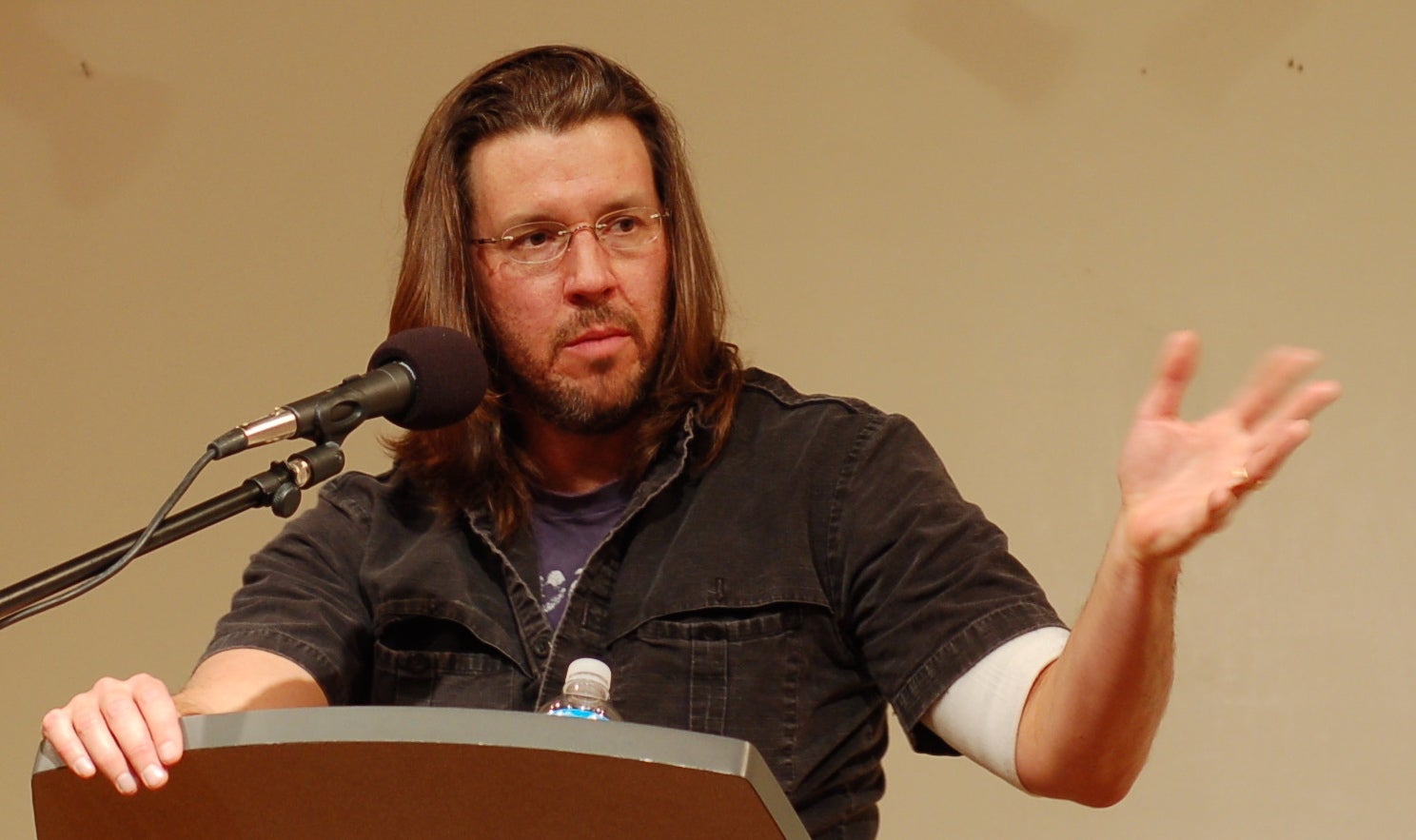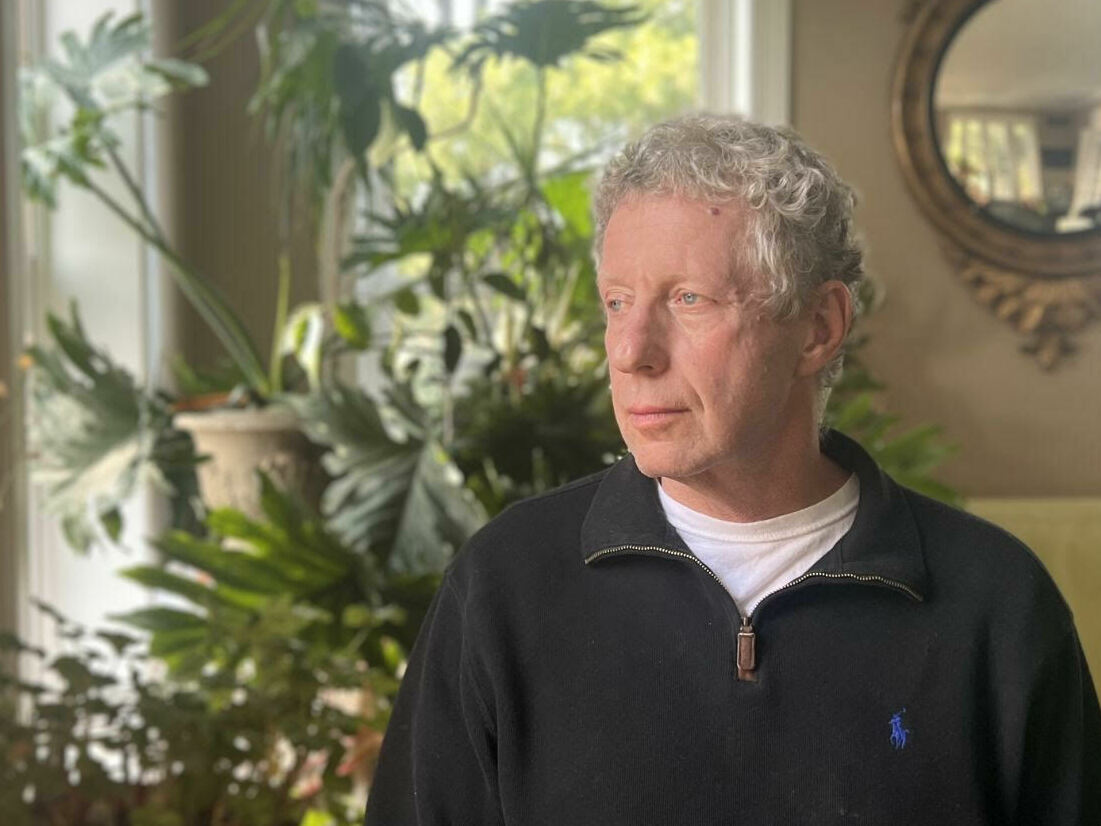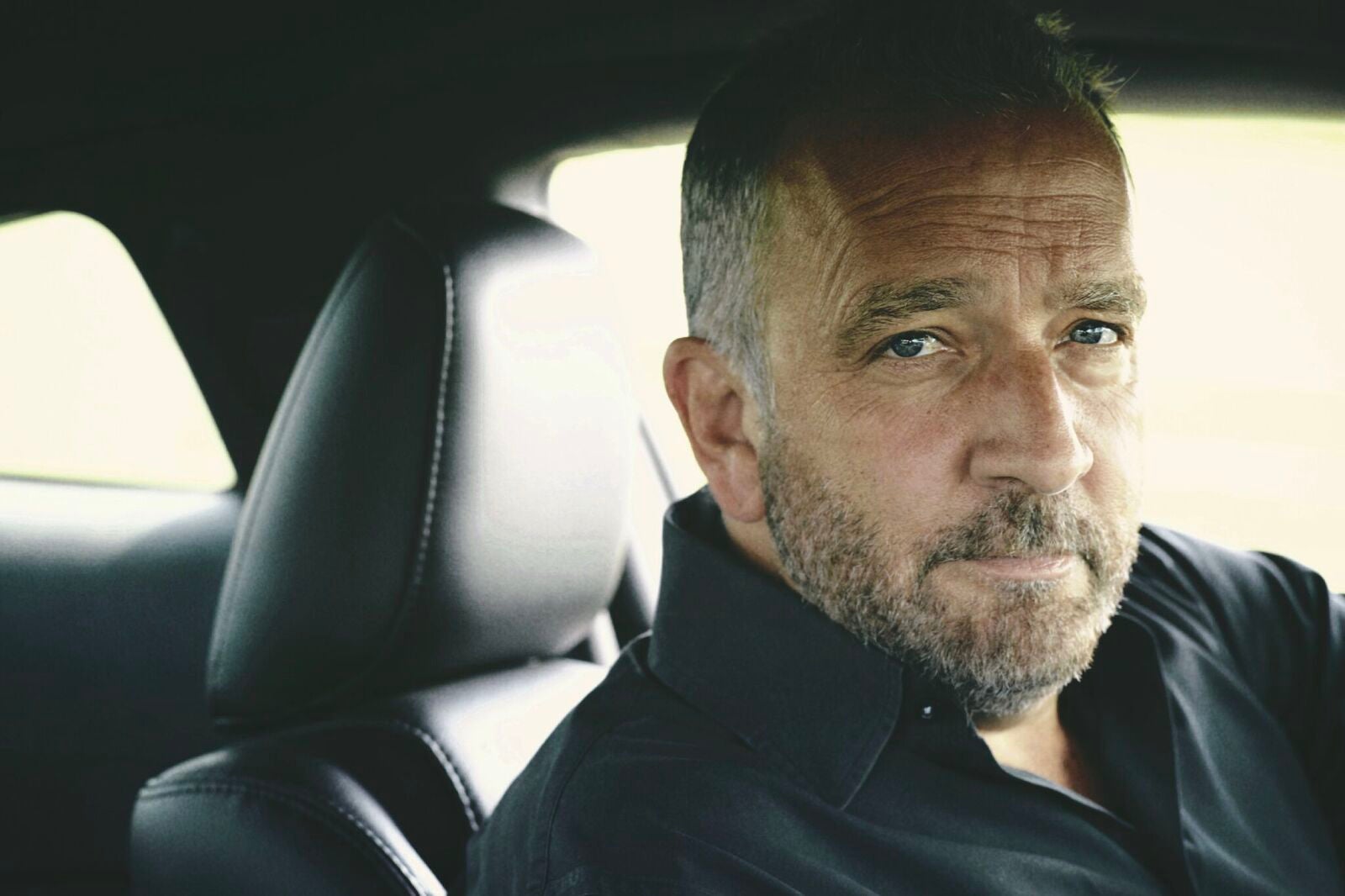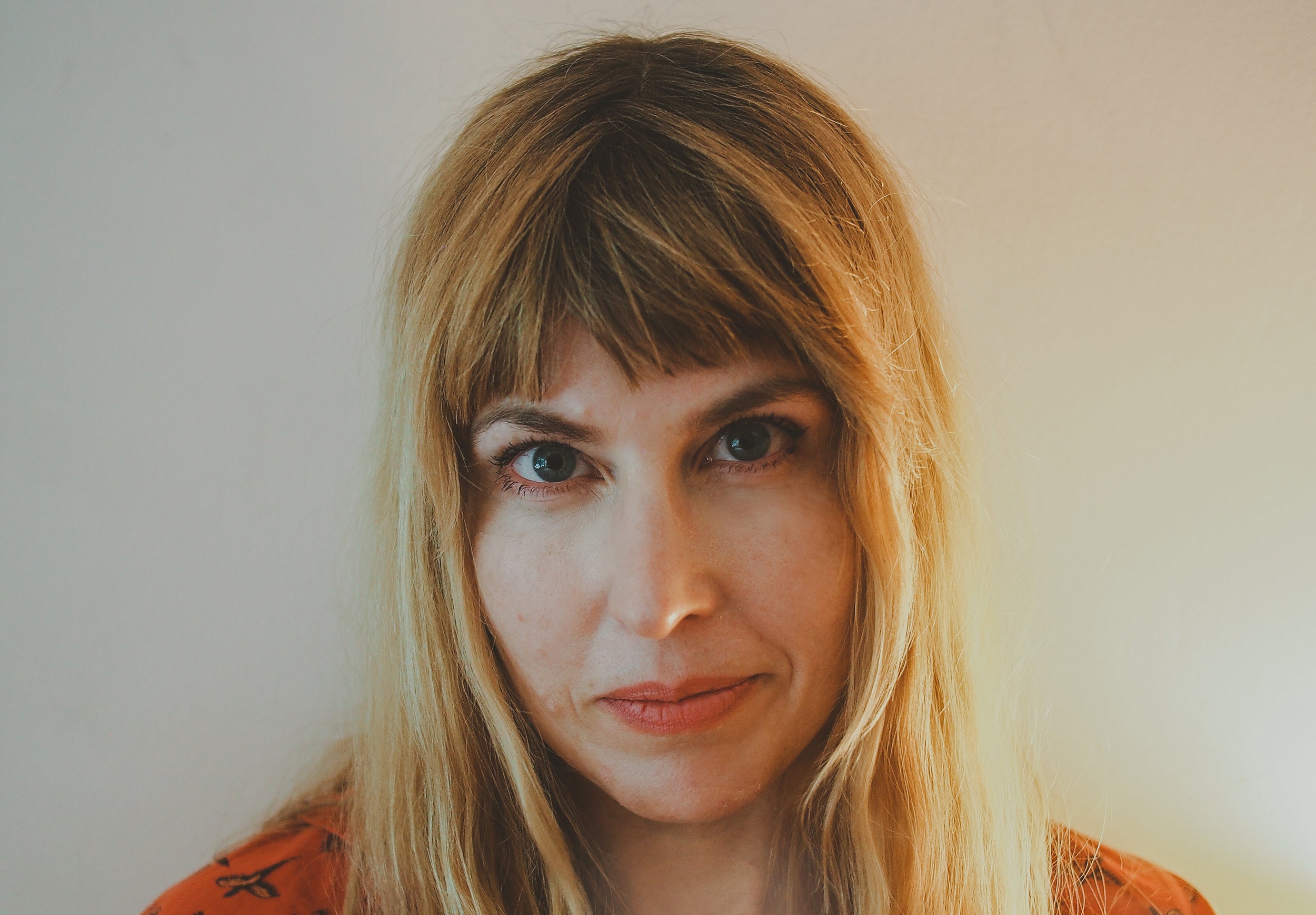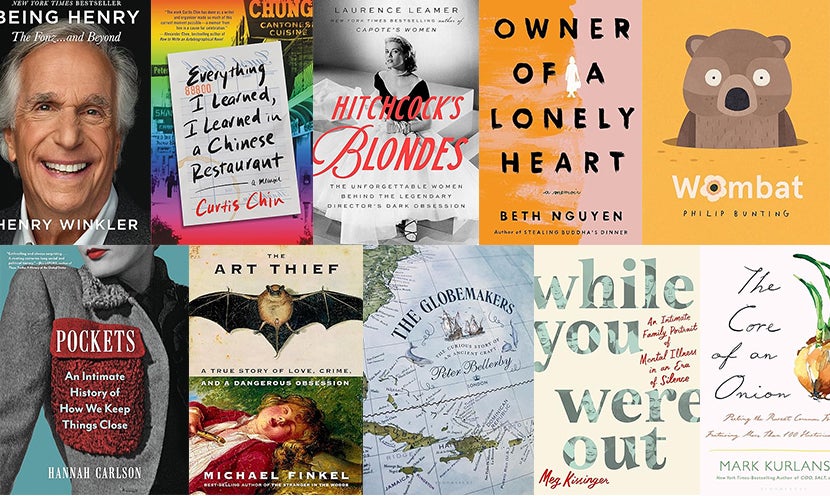Like many others, I was dazzled by author David Foster Wallace: his long, looping sentences, the meta quality of his footnotes, his over-the-top self-consciousness and his brilliant capacity to swerve between high theory and pop culture.
I also felt a certain kinship. We were both from the Midwest and nearly the same age, and we both played a lot of competitive tennis as teenagers.
In fact, my dream interview for several years was to interview him while we played tennis. I imagined some combination of tennis and literary talk in between whacking balls. Don’t ask me how that would’ve worked — in retrospect, it actually sounds like a terrible idea — but the idea stuck with me. I really loved the way he wrote and thought about tennis. He’s one of the few writers who did it very well.
Stay informed on the latest news
Sign up for WPR’s email newsletter.
I interviewed Wallace twice. The first time, in 1997, we talked about two essays from “A Supposedly Fun Thing I’ll Never Do Again.” One was an essay about Michael Joyce, who was then the 72nd-ranked tennis player in the world; the second was Wallace’s hilarious takedown of cruise ships.
That talk was fun, but the second interview in 2004 was unforgettable. (You can hear the interview in the link in the sidebar.) As every interviewer knows, a guest can be good or competent one day and then on fire another day. The same can be said of interviewers, of course, but not as much is riding on our performance.
For whatever reason, Wallace was off-the-charts brilliant that second interview. We started out talking about his short story collection, “Oblivion,” but the conversation quickly veered into the deeper terrain that he seemed to take real pleasure in exploring. There was his seemingly-effortless ability to riff on everything from the boredom of childhood to the hokeyness of literary “realism” and the tension between irony and sincerity. There’s his acute awareness of what it means to be a writer in the early 20th century, when you want to be hip and cool even though the contemporary obsession with cleverness can feel gimmicky. He really did seem smarter than everyone else.
Finally — and these were my favorite moments in our conversation — there was Wallace’s acute self-awareness of the interview itself. What I found extraordinary was his ability to comment on the whole business of being interviewed, during our discussion of this heady literary stuff. As he pointed out, talking about how you write fiction is quite different than actually doing it, so the literary interview becomes a one-off, not entirely accurate account of a fundamentally mysterious process.
Part of what made Wallace such an irresistible interviewee was how he projected literary authority while also conveying tremendous vulnerability. He always seemed to be wondering if he was doing the interview the right way. Of course, there isn’t just one way to do an interview. In my experience, the best interviews have a fair amount of serendipity. And looking back 11 years later, I feel incredibly grateful that David Foster Wallace opened up and offered us a glimpse into his luminous mind.
Editor’s Note: Wallace was the subject of a new movie, “The End of the Tour,” which was released last month.

